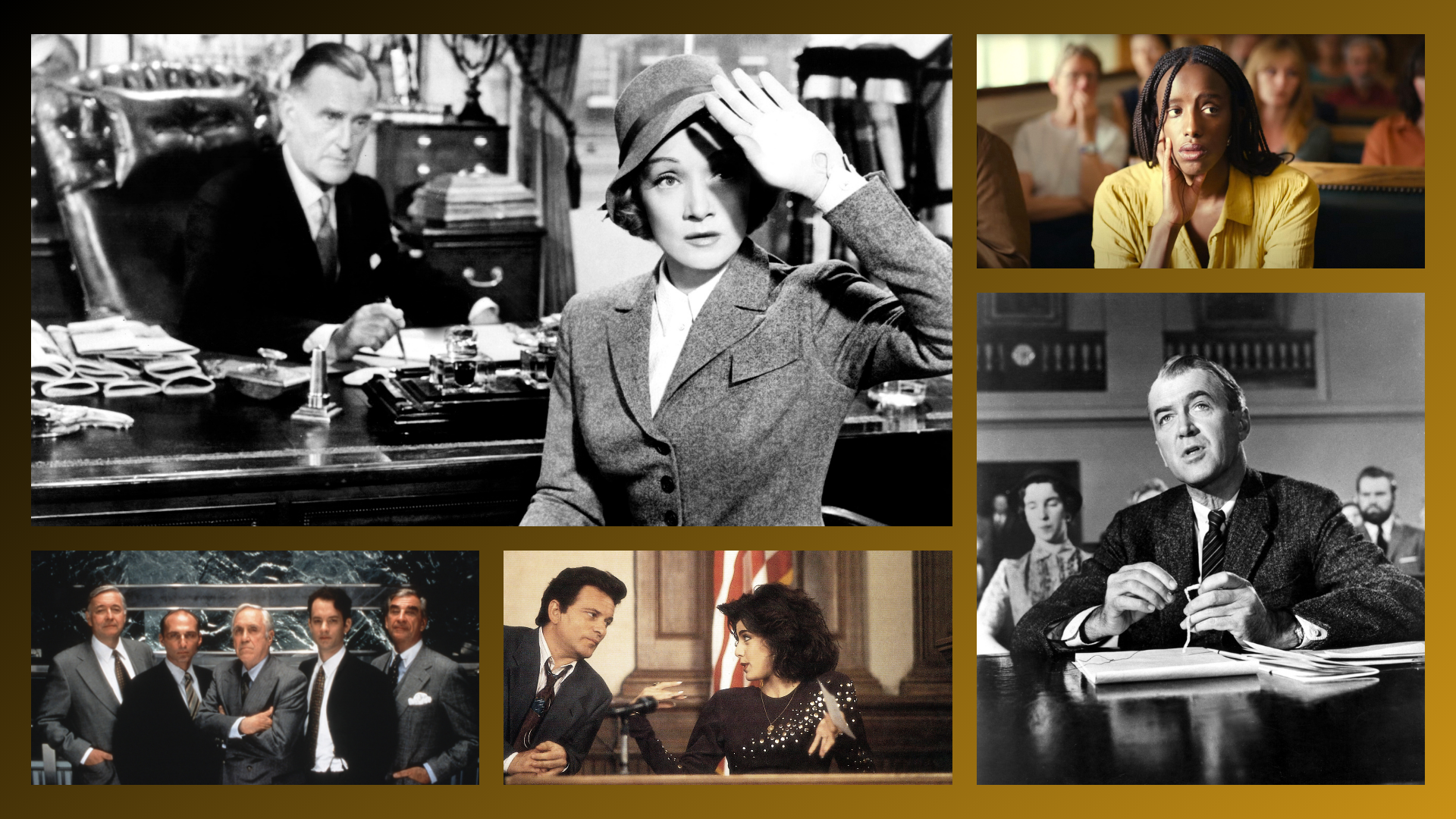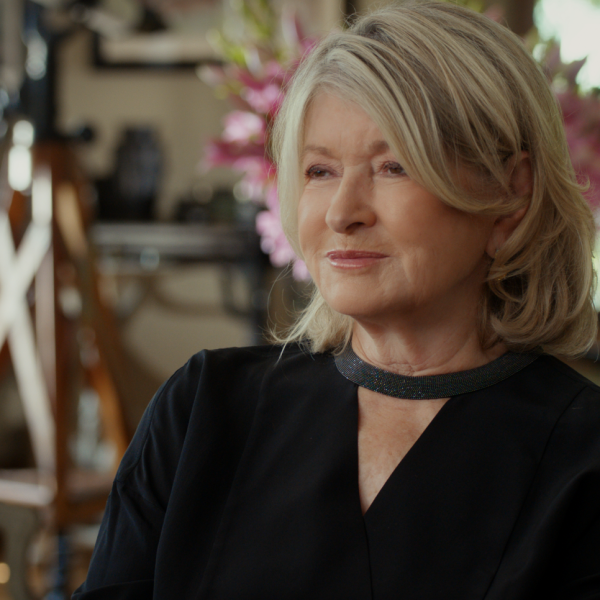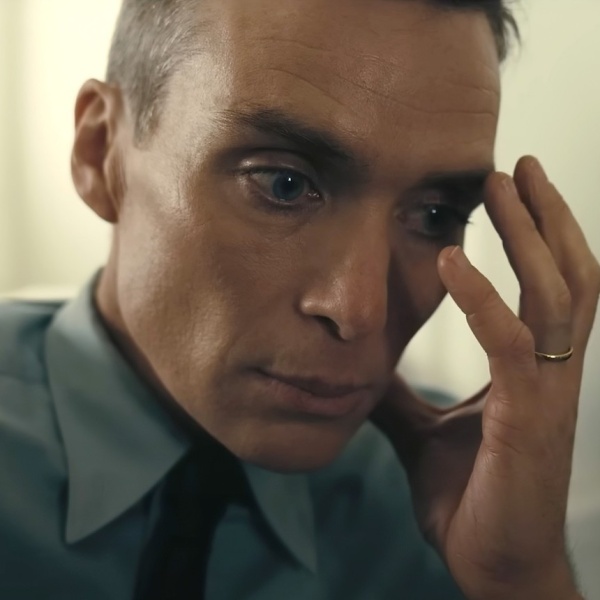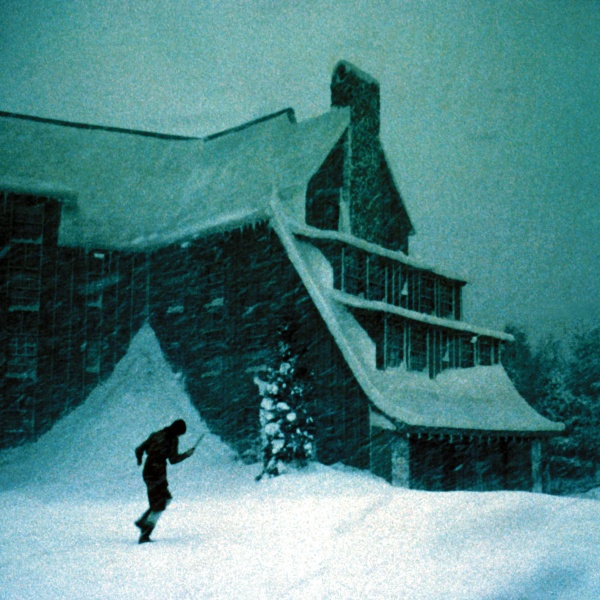There’s something soothing about watching the stresses of a courtroom drama unfold — likely the same compulsion that leads to so many of us watching and rewatching “Law & Order.” As we go about our days and suffer through the small indignities of our jobs and our commutes and our lives, courtroom dramas offer the promise of hubris punished by Nemesis in its “retributive justice” sense.
Not every courtroom drama offers justice (but then neither does our legal system) and not every courtroom drama hinges on seeing the bad punished; in many instances, we are rooting for the unjustly accused to be exonerated. With the recent premieres of William Friedkin’s final film, “The Caine Mutiny Court-Martial,” and Justine Triet’s Cannes-winning “Anatomy of a Fall” (which lays bare the idiosyncracies of the French judicial system), here are 12 great examples of their peers.
-
“The Accused” (1988)

Image Credit: Courtesy Everett Collection “The Accused” is much more than the movie that won Jodie Foster an Oscar the year before she won again for “Silence of the Lambs.” It offers a brutal depiction of a woman’s sexual assault at a bar and its aftermath — including a plea deal that lets the rapists cop to reckless endangerment and a subsequent prosecution of the men who clapped and cheered the attack, which would nullify the plea deal. Foster is at her peak in Jonathan Kaplamn’s drama, but Kelly McGillis more than holds her own as the dogged prosecutor who finds a new way for justice to be served. —MP
-
“Anatomy of a Murder” (1959)

Image Credit: Courtesy Everett Collection Otto Preminger is a master of giving characters enough distance and time to hang themselves by their own rope. But he hoists the entire American legal system by its petard in 1959’s “Anatomy of a Murder.” Clearly running on some residual “Vertigo” paranoia but using it in a much more controlled, cynical way, James Stewart stars as former big-time, now very small-time attorney Paul Biegler, who gets convinced to defend a young veteran (Ben Gazzara) by his wife (Lee Remick) for the murder of an innkeeper — as much by her sexual energy as by anything else. A series of skirmishes result, not just between Stewart and the fiery prosecutor (a young George C. Scott) but between everybody on both legal teams and seemingly between the human capacity to make meaning and any sense of objective reality. “Anatomy of a Murder” earns every word in its title, as Preminger uses his angled frames, his patient camera, and the surgical stabs of the edit to pull apart what we say the law means and what it is. —SS
-
“Argentina, 1985” (2022)

Image Credit: ©Amazon/Courtesy Everett Collection There’s certainly a power to the knowledge that the events of Santiago Mitre’s “Argentina, 1985” are based on the real Trial of the Juntas, conducted to bring to justice members of the military government of Argentina who systematized the capture, torture, murder, and disappearance of thousands of civilians. But it’s also one of the best modern examples of what makes trial movies really great. Ricardo Darín stars as Julio Caesar Strassera, the deeply unwilling public prosecutor chosen to lead the democratic government’s case against a panel of generals but who is, of course, sly enough to be equal to the task. Strassera’s Girl Friday in preparing the case; among a host of young punk lawyers is Luis Moreno Ocamo (Peter Lanzani), who comes from the upper strata of the junta’s elite. The chess match between the two of them, undergirded by a shared belief in the rule of law, is what so thrillingly pulls the prosecution’s case in the right direction; then there’s Mitre’s handling of the trial itself, which keeps the film’s tension running right through the final, cathartic closing arguments. —SS
-
“Defending Your Life” (1991)

Image Credit: ©Geffen Pictures/Courtesy Everett Collection While it’s not technically taking place in a courtroom on this Earthly plane, “Defending Your Life” does have everything a great courtroom drama needs: snappy, twisty cross-examinations; put-upon, whip-smart lawyers; a defendant hoping for catharsis in the eyes of a higher power whom we must decide is worthy or not; intrigue at a cocktail lounge; Rip Torn in a three-piece suit behind a desk; a romance with Meryl Streep. OK, those last few maybe not all courtroom dramas need, but the 1991 Albert Brooks film a sweet, high-concept comedy about whether people can change — certainly makes the case that they’re better with than without them. Just as Brooks and Streep’s characters are better with than without each other. It’s the rigors of a trial that takes the role of providing the will-they/won’t-they tension for whether these two (literal) souls who meet in Judgment City can journey to the Great Beyond together. —SS
-
“A Few Good Men” (1992)

Image Credit: ©Columbia Pictures/Courtesy Everett Collection Before Aaron Sorkin was chronicling the West Wing and sports TV, the writer introduced his signature style to general audiences via the screenplay of “A Few Good Men,” one of the most acclaimed courtroom films of the ’90s. Directed by Rob Reiner and based on Sorkin’s 1989 Broadway play, the film stars Tom Cruise as an inexperienced Navy lieutenant and lawyer assigned to defend two Marines accused of murder in a court-martial. Teaming up with his superior (Demi Moore), he goes after a sour Marine base commander (Jack Nicholson) who he suspects is the true culprit. Most famous for its big “You can’t handle the truth!” testimony, the film is more restrained than its big explosive scenes suggest, containing brilliant and tightly wound performances from all three of its leads and a probing insight into the legal process. Sorkin would direct his own courtroom film “The Trial of the Chicago 7” years later, but “A Few Good Men” is the far superior legal drama. —WC
-
“Judgment at Nuremberg” (1961)

Image Credit: Courtesy Everett Collection The judges and the lawyers are the ones on trial in “Judgement at Nuremberg.” Stanley Kramer’s 1961 film tackles the Judges’ Trial, a U.S. military tribunal in which German judicial leaders were indicted for their role in the Nazi German government. The film significantly fictionalizes the actual historical event, cutting down the defendants from 16 to four in order to streamline things. But the film still feels epic, thanks to a three-hour runtime and a cast of ringers that includes Spencer Tracy as the main judge, Burt Lancaster as a defendant, as well as Marlene Dietrich, Montgomery Clift, Judy Garland, and William Shatner. They all do justice to the weighty material, which explores morality and collective guilt in times of atrocity with searing insight. —WC
-
“My Cousin Vinny” (1992)

Image Credit: ©20thCentFox/Courtesy Everett Collection Well, maybe calling it a courtroom drama is pushing it. Jonathan Lynn’s “My Cousin Vinny” takes the serious setup of two people on trial for a murder they didn’t commit and in danger of the death penalty, and makes it one of the most beloved comedies of the ’90s thanks to the lawyer on the case. The titular cousin Vinny (Joe Pesci) is street smart but book dumb, a loudmouthed New York Italian who takes on the case to help out a relative and sticks out like a sore thumb in the small southern town he descends on. With him is his girlfriend Lisa, played by Marisa Tomei in an Oscar-winning role, who does just as much work as Vinny to win the case. The film manages to be funny while also telling a compelling legal case; Lynn had experience studying law, and the film is one of the most accurate to how actual legal proceedings work. A sequel to the film, about Vinny and Lisa practicing law in England, was planned but never panned out, which is a shame, as the two are a legal team audiences would happily watch take on thousands of cases. —WC
-
“Philadelphia” (1993)

Image Credit: ©TriStar Pictures/Courtesy Everett Collection Jonathan Demme’s “Philadelphia” manages to be many things (a plea for compassion for AIDS patients, an issues movie that touches on homophobia and racism, a mismatched buddy procedural) but at its core, it’s a thrilling courtroom drama about truly despicable people getting their moment to be awful before being punished with punitive damages. Denzel Washington and Tom Hanks have rarely been better than they are here, as the lawyer defending the fired attorney who believes his dismissal was a result of his AIDS diagnosis. In the early ’90s, he was right — and Hanks won an Oscar for his performance. —MP
-
“Saint Omer” (2022)

Image Credit: Venice More films need to be made using the French legal system because the direct conversations and confrontations between judge, lawyers, defendant, and witnesses are great vehicles for the (sometimes impossible) pursuit of the truth. In “Saint Omer,” director Alice Diop takes a murder trial where what happened is never truly in doubt and uses the inquiry to explore everything that swirls in the air around it. The film artfully connects a woman who drowned her daughter, Laurence Coly (Guslaigie Malanda), with a novelist and professor interested in the case and its existential echo of Medea, Rama (Kayije Kagame). Within the staid confines of a courtroom, Diop uses sound and the patience of her camera to conjure ghosts inside both her protagonists, the specter of how the past looms over our lives, and an incredible tension about whether the trial in the sleepy town of Saint Omer can exorcise them — to the extent that anything can. —SS
-
“12 Angry Men” (1957)

Image Credit: Courtesy Everett Collection It’s everyone’s worst jury duty nightmare: one man holds out and holds everything up. And it’s the nightmare of every innocent person on trial: that the jurors will rush to an easy answer so they can move on with their lives, no matter the truth. In many ways, Henry Fonda’s juror holdout and the ensuing furor among the 11 other men in Sidney Lumet’s tense thriller (and the 1954 live TV version which it adapted) set the template for every subsequent film about trials — not to mention more than a few spoofs and homages (“Inside Amy Schumer,” anyone?). —MP
-
“The Verdict” (1982)

Image Credit: ©20thCentFox/Courtesy Everett Collection Paul Newman gives a late-career performance to be reckoned with in Sidney Lumet’s bleak and chilly drama about a washed-up alcoholic lawyer who pursues justice for all the right reasons but in all the wrong ways. Frank Galvin takes on a malpractice suit intended to be settled out of court and insists on bringing it to trial on the chance of winning a bigger settlement. There’s a tense, sweaty desperation to much of the film (and Newman’s performance) that shows just how grimy the law can be —and what happens when life and bad luck catch up to Harper, Hud, and the Hustler. —MP
-
“Witness for the Prosecution” (1957)

Image Credit: Courtesy Everett Collection Marlene Dietrich takes the stand. Honestly, you shouldn’t need to know anything else about Billy Wilder’s rampage of a courtroom thriller. But “Witness for the Prosecution” is wickedly smart about how it uses Dietrich’s persona and the camera to transform the courtroom into a stage, a clash not so much of competing facts but of competing personalities. Such is naturally the case when you’ve got Tyrone Power playing a man accused of murdering a wealthy widow, Dietrich as his steely German wife, and Charles Laughton as the lawyer with a failing heart caught in the middle. Wilder plots what we learn about these people and the ways in which they clash with his typically breathtaking precision. The film is so well-organized structurally that the camera can join the actors in the lunging they all do at each other. Wilder’s ultimate verdict is that these people deserve each other, and we don’t deserve Marlene — but by God is “Witness for the Prosecution” going to give her to us. —SS





